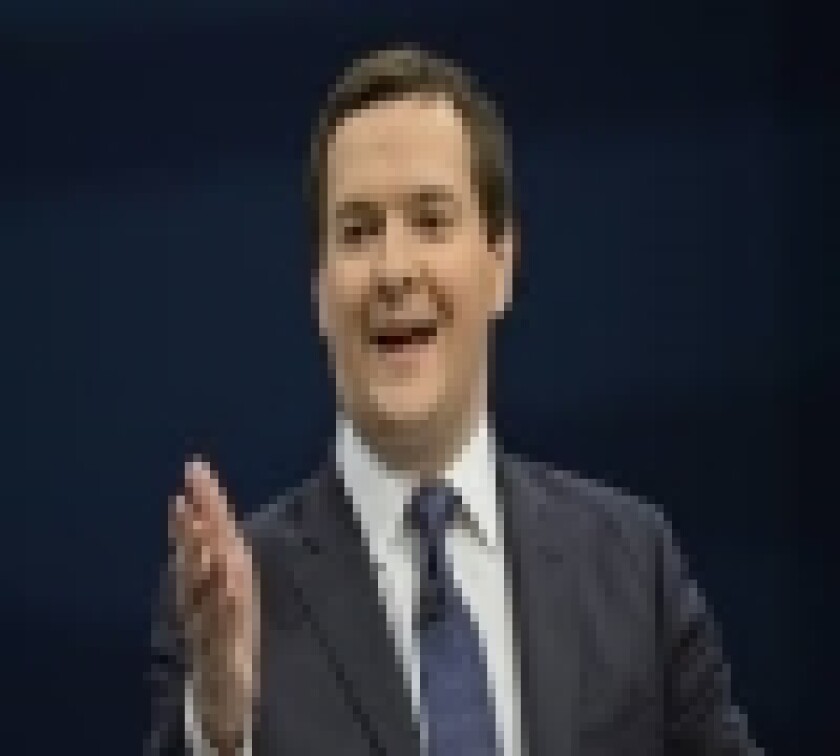The mess of the figures Osborne is accused of making is an indication of the tightrope the Chancellor of the Exchequer is walking when it comes to tax avoidance. A policy of publicly criticising corporate tax optimisation strategies somewhat conflicts with reforming national tax policy to reduce corporate tax rates, provide patent-related incentives and relax controlled foreign company (CFC) regulations. However, the government argues there is no inconsistency: in exchange for a favourable tax regime it does not expect taxpayers to use aggressive avoidance techniques to pay less tax.
The Chancellor of the Exchequer’s Budget speech in March claimed that HMRC, the UK revenue collection agency, was collecting “twice as much as before” as a result of new compliance measures.
But those figures have since been shown to be estimates or target figures, rather than representing actual revenue collected by HMRC. The target figures were also based on a separate measurement to that used for the previous five-year election cycle, further skewing the “twice as much” Budget claim.
Balancing a competitive tax policy – “the most competitive in the G20” – with compliance claims such as those made in Osborne’s Budget speech, is not proving to be easy and the revelation about inappropriate collection statistics is evidence of the difficulty of the task.
Those that have accused the UK government of trumpeting an aggressive, zero tolerance attitude to corporate tax avoidance (Osborne has previously described aggressive tax avoidance as “morally repugnant”) while privately cosying up to companies will now feel they have another example to reinforce that claim.
But Sir Andrew Dilnot, head of the UK Statistics Authority, apportions most of the blame for Osborne’s Budget speech error to HMRC. The revenue authority changed its accounting method in 2010 to include revenue protected figures, which essentially allowed HMRC to include predictions of future tax to be paid by those found to have acted outside the law.
The change in accounting method meant figures presented to Osborne ahead of his Budget speech showed a compliance yield of £100 billion ($166 billion), compared with £52 billion for the five years leading up to the last election.
“We’ve discovered and corrected the overstated growth in compliance revenues for the last two years and we have made this clear in our annual report published in July 2014,” said a spokesperson for HMRC.










